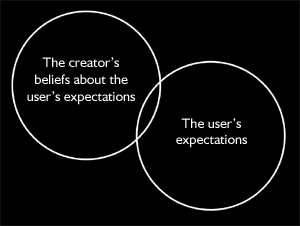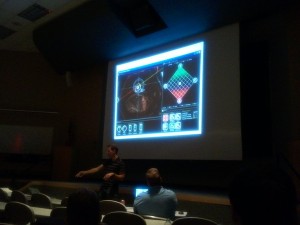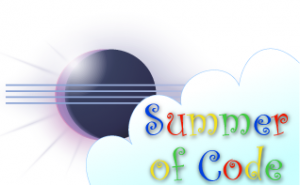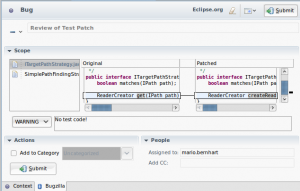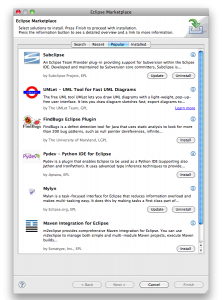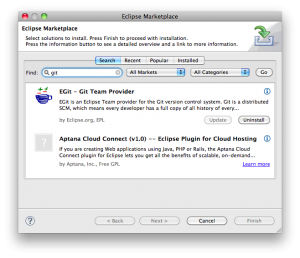Yesterday, Ian Skerrett posted some links about Helios in the press.

During my morning coffee ritual I read through most of them… I was especially taken with Dana Blankenhorn’s article…
This was always a false image. Not that I have anything against a good parent’s basement, or a nice comfortable pair of jammies. And when open source was being born, at the bottom of the dot-bomb, there was high unemployment in the code-o-sphere.
But the coders and the coding were always professional. There have always been a lot of people in open source who knew how to make the coding train run on time.
So with Eclipse’ Helios dropping yesterday, right on schedule (even with everyone else watching the U.S.-Algeria game) it’s worth noting that this is the seventh straight year that the code has arrived on precisely the day it was supposed to.
Eclipse is the open source dog that does not bark. Its professionalism is the clue that unravels the whole case, and makes much else possible. Many things go wrong in our troubled world, but professionalism like this can get us through.
Ruff? Arf? Anyways, something to be proud of in my opinion.
Of course there was also some criticism…
The big problem with any Eclipse release if finding out what it’s all about and what you have to do to start using it. As with most open source projects, the documentation is terrible and idiosyncratic. Given time on-line tutorials and third -party documentation, books, howtos,.. will start to catch up with the new release but for the beginner it’s initially an impenetrable wall.
It’s not just basic documentation that is a problem. Finding out what any given Eclipse package or project does can be next to impossible. If you don’t already know what it’s is all about then the only way to find out is to download and experiment. This isn’t helped by the fact that currently the web-based help system seems to have a bug that stops it working. The Eclipse project is often flaky on features used by beginners – it’s probably because the Eclipse developers test the cool interesting stuff and mostly ignore anything trivial.
In addition the whole approach of the Eclipse documentation is to tell you about the development process of the project, how it was started, how many milestones have been kicked over and so on. All very personally satisfying but useless for the beginner who might actually be tempted to use this free IDE.
Adding easy to follow feature descriptions and introductory explanations to the front pages of the web site would probably increase the take up of Eclipse by a factor of 10 or more. Just because it’s open sources doesn’t mean it has to lack commercial acumen.
Ok, that’s fair enough, not every project has nice documentation like Xtext or some other Eclipse projects. However, I think we’re better than most. I’m not sure how we can improve besides having some consistent guidelines projects can follow so regardless of which project you go to, the documentation is presented in a similar fashion. Any ideas?


